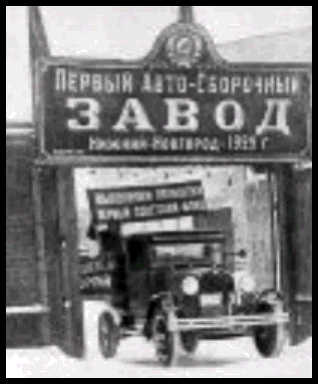
The Moscow Trials
&
The Foresaken

TO: poo@cts.comRE: The Foresaken
FROM: Haldon Sutton [halinfoto@aol.com]
Sirs:
I am presently researching a work on the origins of the Cold War that focuses on Operation Unthinkable, Churchill's abortive scheme to invade the Soviet Union following VE Day, but with a deadline of July 1, 1945, given the upcoming election that he was expected to lose (and did lose). My research also emphasizes the "percentages agreement," whereupon after acquiescing to Stalin's betrayal of the Warsaw Uprising, in which the partisans of the Polish Government in Exile in London were slaughtered and Warsaw was leveled by the Nazis, Churchill met with Stalin in Moscow to literally work out spheres of influence in Post-War Europe.This conference was probably far more significant than the Yalta Conference, which basically ratified the "percentages agreement" for post-war Europe and prepared the way for the completion of the war in Asia.
Apparently, following the death of FDR, as well as US victories in the Pacific that rendered Japan completely prostrate before the US naval blockade and carpet bombing campaign, Churchill perceived an opening that might enable him to coax Truman to collaborate in a joint assault upon the Soviet Union, since, in the opinion of leading U.S. military leaders, an invasion of Japan would no longer be necessary to finish the Pacific war (as explained by Gar Alperovitz in The Decision to Use the Atomic Bomb).Truman emphatically rejected Churchill's entreaties for a Third World War and instead stalled on arranging the Potsdam Conference until the Atomic Bomb was ready to be tested (which occurred successfully as the conference was in progress). With the impending election in mind, Churchill had pressed hard for the conference to occur early in June.
The main theme of my work is that post-war relations between the Soviet Union and the Western nations deteriorated into the Cold War mainly because of Churchill's desperate moves to preserve Britain's declining empire, in line with Smuts' plan, and that Churchill was wary of rising Soviet power, not for ideological reasons, but simply because, Russia, under any sort of regime presented a formidable rival to the Anglo-American hegemony that Churchill was striving to establish.
Prior to the war, Joseph E. Davies had prepared a report for FDR in which he elaborated upon the tremendous potential for development that was being realized by the Soviet regime in Russia, in which he accurately described the devastation of the Holodomor in Ukraine in 1933, and readily acknowledged that three million had starved in order to provide grain exports with which to finance the second Five Year Plan.In my work I am emphasizing that the Western nations were willing, if not compelled, to overlook the Holomodor because under the conditions of the Great Depression, and its contraction of world trade, these nations were desperate to do business with any nation that could provide the cash to acquire their wares.
In order to illustrate the desperation of the period, I intend to use information from your website about emigration to the Soviet Union from the United States. Your excellent summary of the Moscow Trials should also be very instructive.
Please let me know if you are interested in what I am putting together on the origin of the Cold War.--- Respectfully,
Haldon C. Sutton
halinfoto@aol.comGo to our review of
The Forsaken